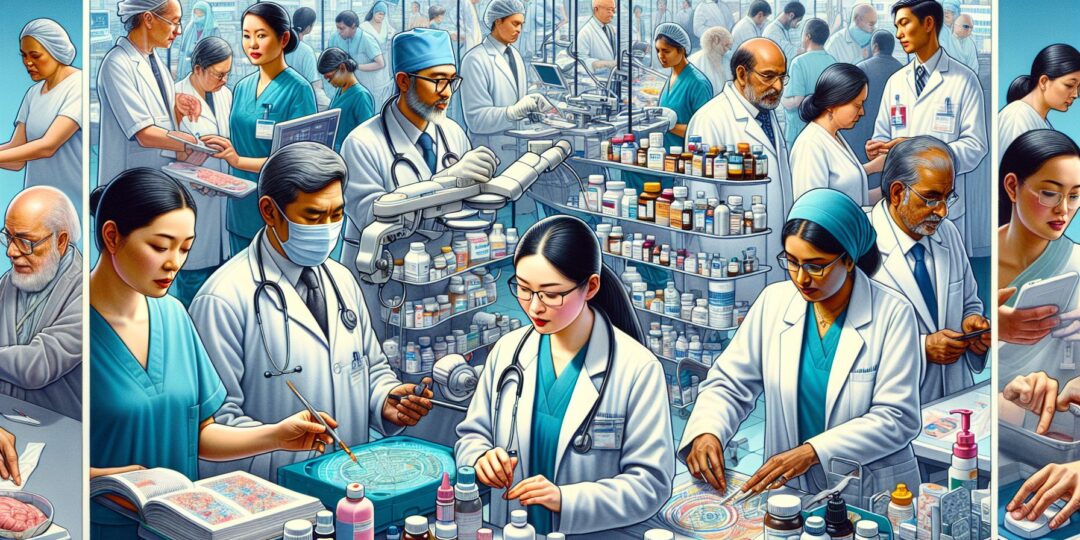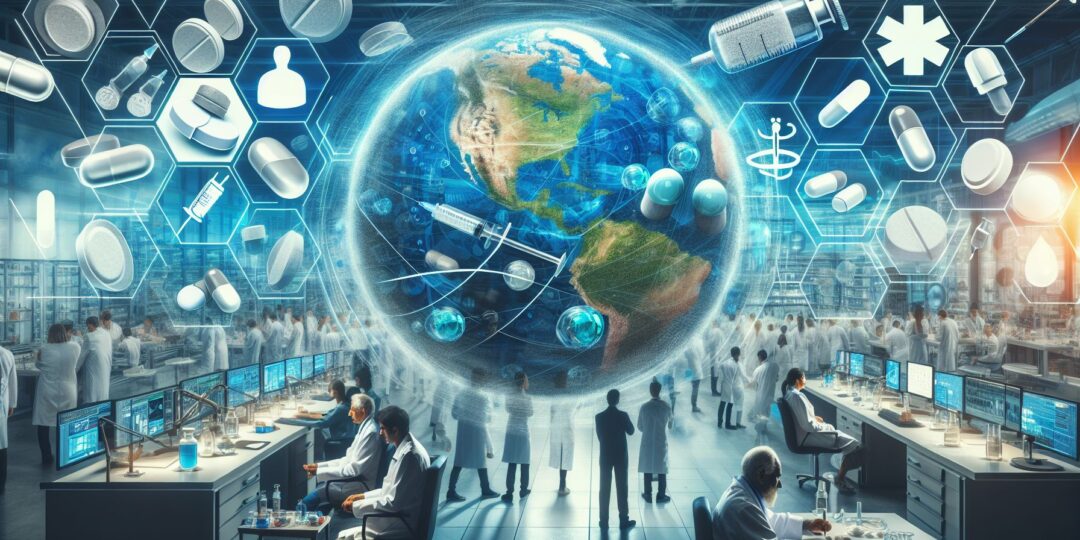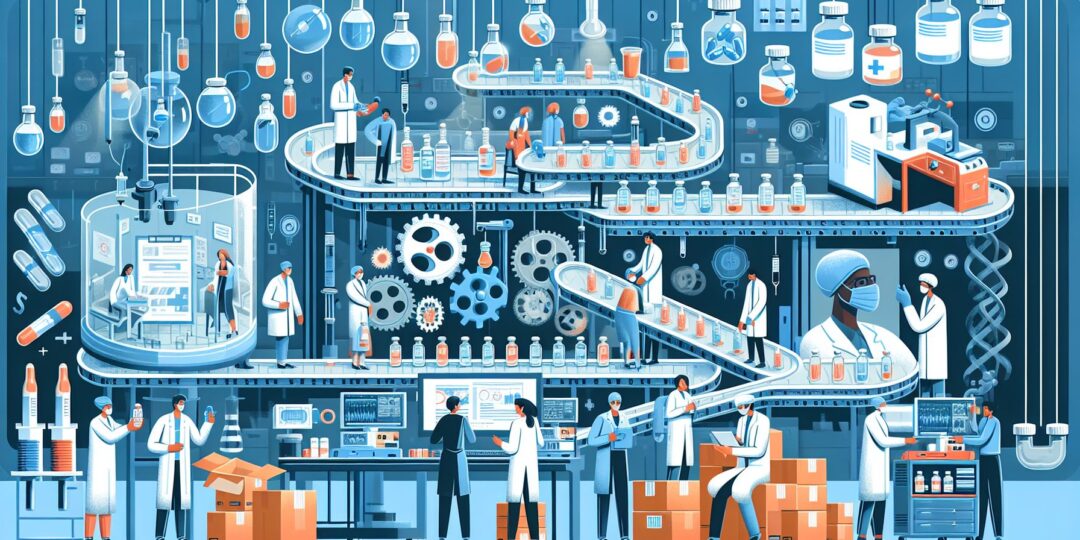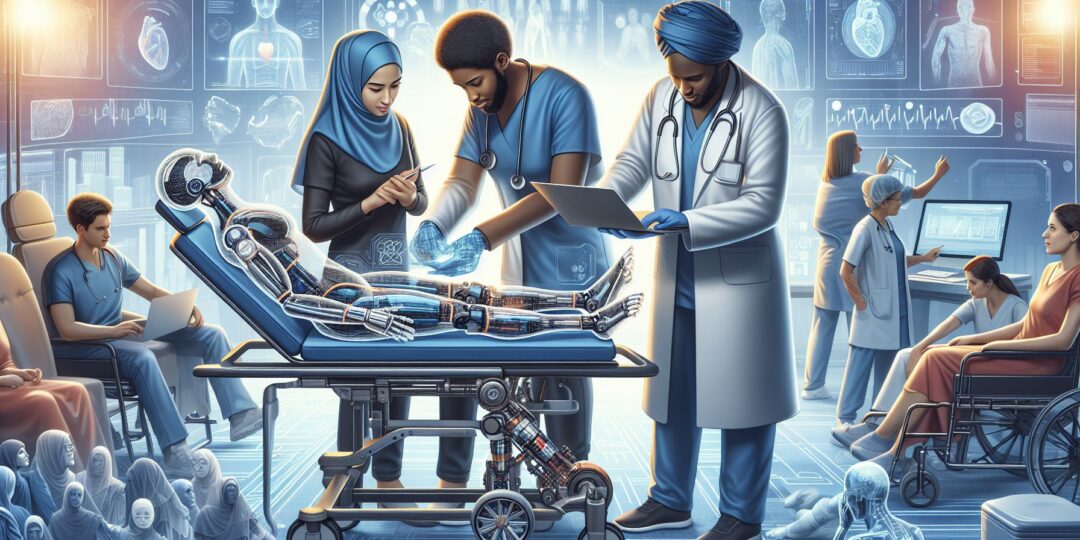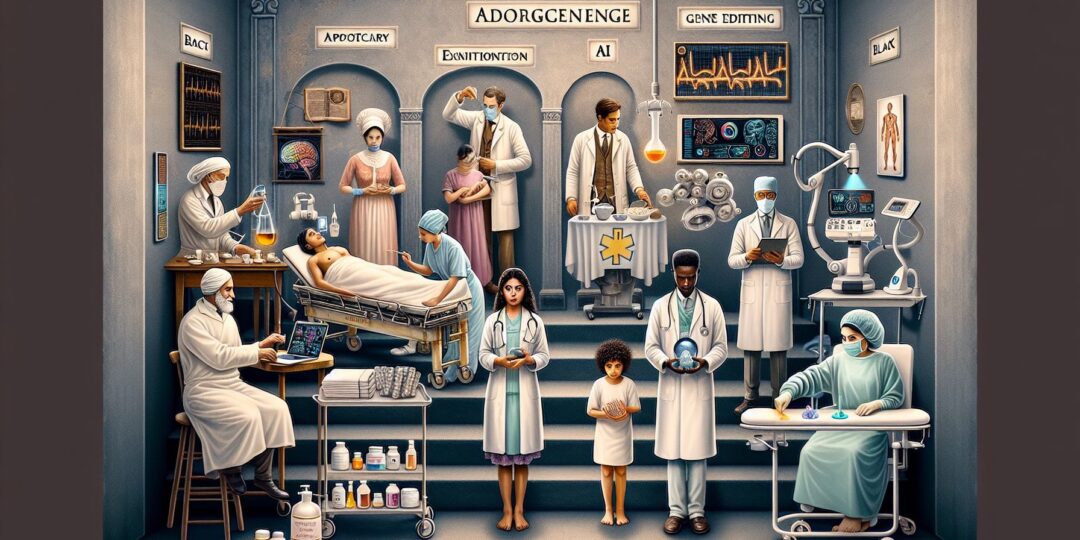The medical field is constantly evolving, with new technologies and products being developed every day. These innovations not only improve patient care but also drive the growth of the medical industry as a whole.
One of the key drivers of this evolution is the increasing demand for personalized medicine. Advances in genomics and biotechnology have made it possible to tailor medical treatments to individual patients, increasing their effectiveness and reducing side effects. As a result, we are seeing a shift towards the development of more targeted therapies, such as gene therapies and immunotherapies.
Another major trend in the medical industry is the rise of digital health technologies. From wearable devices that track vital signs to telemedicine platforms that connect patients with healthcare providers, these technologies are transforming the way healthcare is delivered. They not only make healthcare more convenient and accessible but also allow for better monitoring and management of chronic conditions.
In addition to personalized medicine and digital health, the medical industry is also seeing advancements in medical devices and equipment. From robotic surgery systems to 3D-printed prosthetics, these innovations are revolutionizing the way medical procedures are performed and improving patient outcomes. In fact, the global medical device market is expected to reach over $500 billion by 2025.
Despite these advancements, the medical industry still faces challenges. One of the biggest hurdles is the high cost of developing and bringing new medical products to market. Regulatory hurdles, such as the FDA approval process, can be lengthy and costly, making it difficult for smaller companies to compete with larger players. Additionally, reimbursement policies and insurance coverage can impact the adoption of new technologies, further complicating the landscape for medical product manufacturers.
However, despite these challenges, the medical industry continues to push forward, fueled by the promise of improving patient outcomes and advancing the field of medicine. With ongoing innovations in personalized medicine, digital health, and medical devices, the future of healthcare looks brighter than ever.
As we look to the future, it is clear that the evolution of medical products and industry will continue to shape the way healthcare is delivered. From improved treatments to better patient outcomes, these advancements hold the potential to revolutionize the field of medicine and improve the lives of patients around the world.…
Continue reading




